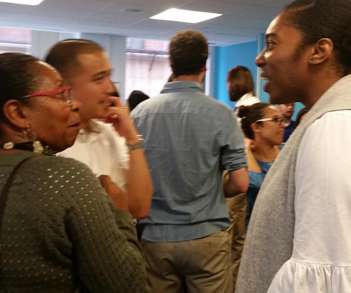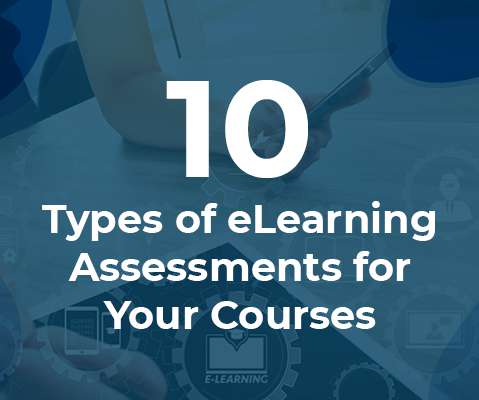For Positive Outcomes, Hold a Mirror Up to Board Performance
.orgSource
OCTOBER 17, 2023
Even with a friendly name like “feedback, check-in, or coaching,” a performance evaluation can be uncomfortable, or possibly downright scary. That’s probably why more organizations don’t have a process for evaluating the board of directors, or if they do, that assessment is not continuous. I’ll get on my Association 4.0










































Let's personalize your content